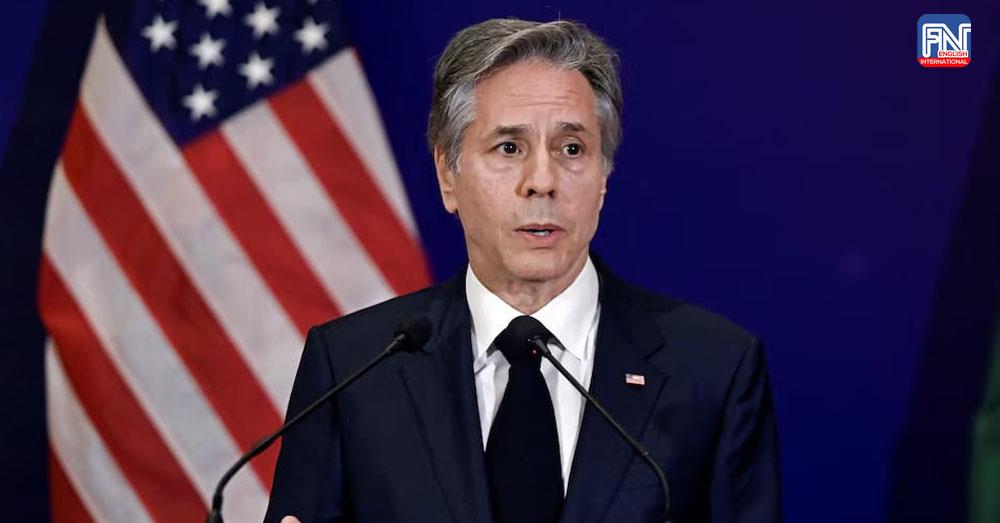WASHINGTON, July 22 (Reuters) - Secretary of State Antony Blinken and Defense Secretary Lloyd Austin head to Asia this week to reassure allies and partners of U.S. support, the State Department's top official for East Asia said on Monday, as the November U.S. presidential election casts uncertainty over Washington's foreign policy.
U.S. tensions with China will provide the backdrop to the trip. Blinken is expected to meet his Chinese counterpart Wang Yi on the sidelines of regional meetings in Laos, Assistant Secretary of State Daniel Kritenbrink told reporters.
Blinken and Austin will hold security talks with U.S. allies Japan and the Philippines. Blinken will also visit Singapore and Mongolia, and stop in Vietnam for the funeral of Nguyen Phu Trong, head of the ruling Communist Party, who died last week.
The trip follows a tumultuous month in Washington. President Joe Biden announced on Sunday he will not run for reelection, and endorsed his vice president, Kamala Harris, to replace him. The Republican nominee, former President Donald Trump, earlier survived an assassination attempt.
Asked what Blinken will say to allies about Biden's decision to step aside and whether that could bring changes in policy, Kritenbrink said the message would be that America is "all-in on the Indo-Pacific."
"We do try to reassure allies and partners that there are certain fundamentals, I think, about America's engagement that are not going to change that have been consistent," he said, citing American investments and bipartisan support in Washington for the administration's approach to the region.
Trump, who has been leading in the polls ahead of the Nov. 5 election, launched a trade war against China while in the White House, and as a candidate has suggested he would impose tariffs of 60% or higher on all Chinese goods.
He has also signaled he would demand Taiwan boost its defense spending in the face of potential Chinese aggression. Allies of the former president have assured Japan and South Korea he would continue Biden's engagement with them aimed at countering China and North Korea.
